Another blow to Nissan’s future
If you’ve been glancing at the hottest stories in the automotive world, odds are you already know that Nissan is in deep trouble. The Japanese automaker saw its revenue tank last year, leading to financial issues that could be the end of the marque if no solution is found. Nissan’s latest ordeal could affect its all-electric lineup and presence in markets around the globe. The Japanese automaker recently scrapped plans for a new battery factory in Japan, throwing yet another wrench into its plans to get back on track.
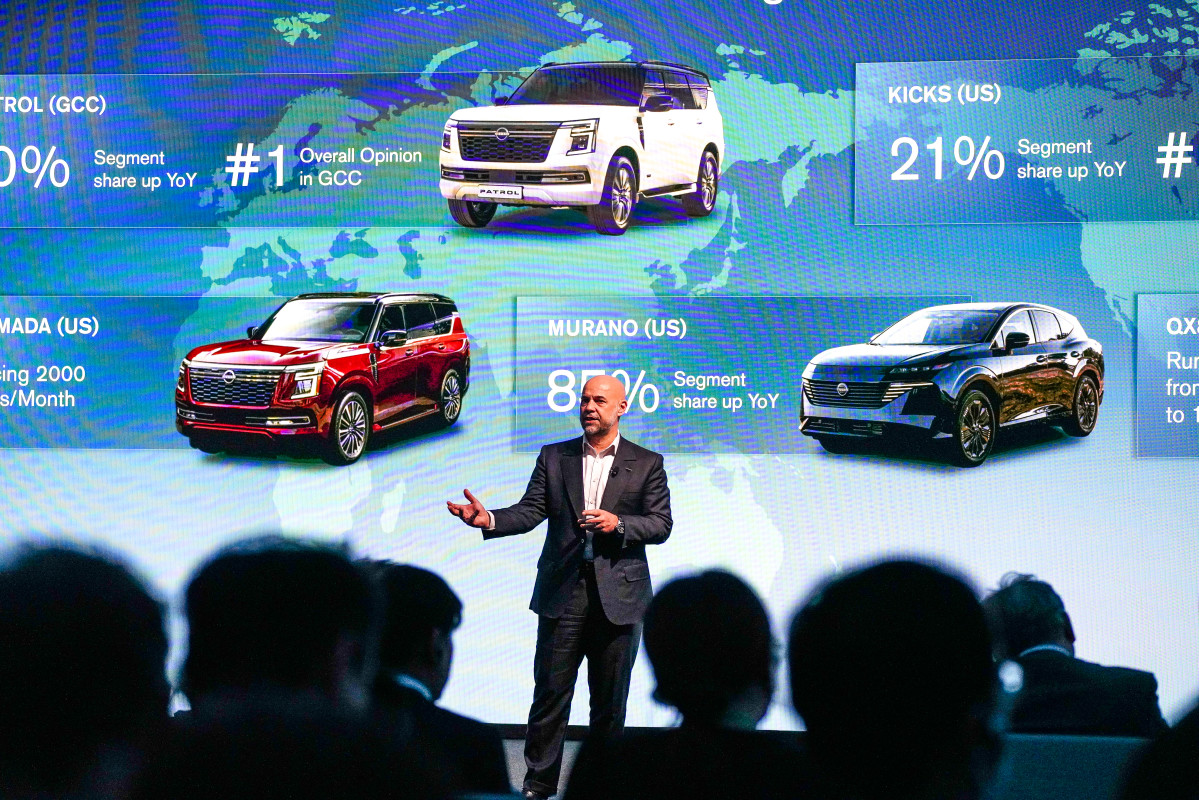
Nissan
Nissan’s struggles continue
Nissan had received government certification for its new Japanese lithium-ion-phosphate (LFP) battery factory back in September, and once the battery plant was up and running, Nissan’s EV battery costs were expected to fall by up to 30%. The research, development, and mass production of LFP batteries at the factory were supposed to help Nissan EVs remain competitive with other manufacturers, like BYD, but those plans have now been scrapped.
“Nissan will adopt LFP batteries to meet the diverse needs of customers and to provide more affordable electric vehicles. The batteries, to be developed and mass-produced in Japan, will be installed in electric minivehicles starting in fiscal year 2028,” said Makoto Uchida, Nissan’s former president and CEO, prior to the cancellation.
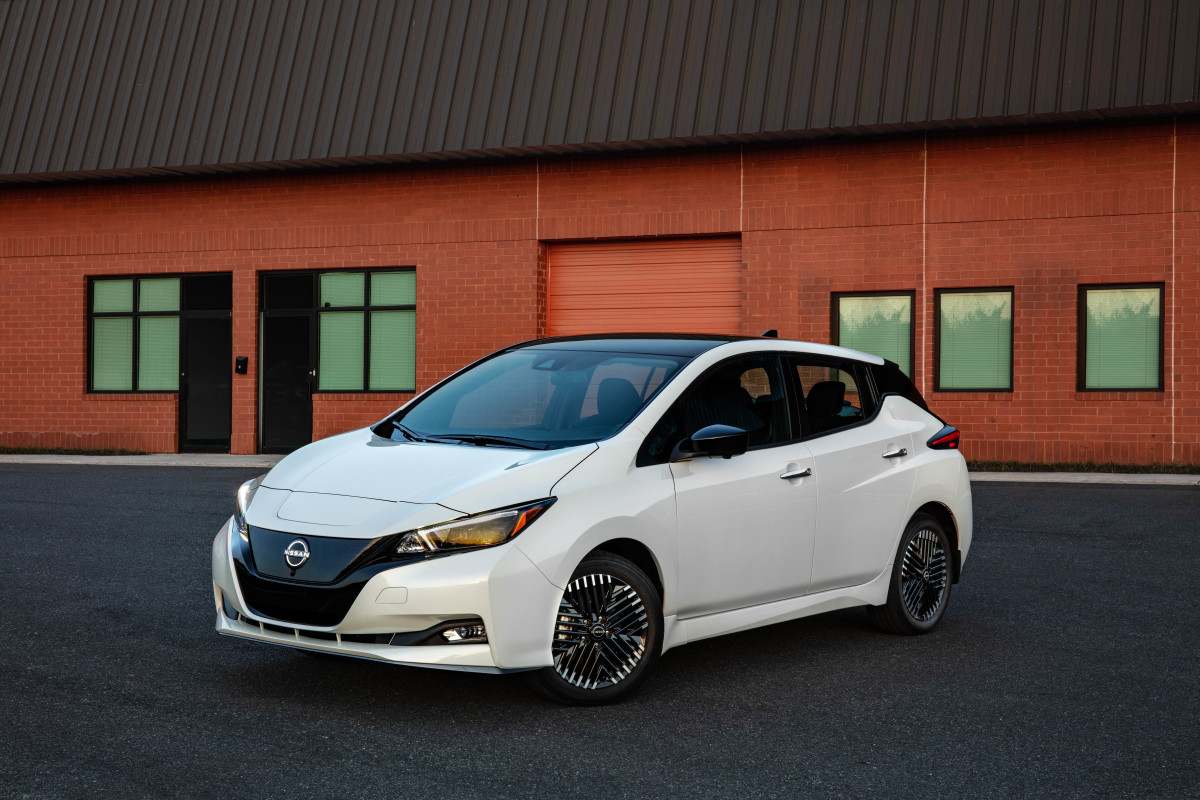
Nissan
Nissan’s cancelled production facility would have been part of a $1 billion investment. The automaker was also scheduled to receive up to $384 million from the Japanese government to aid in establishing a domestic supply chain. Prior to cancelling construction of its battery factory in Japan, Nissan also closed its facility in Wuhan, China.
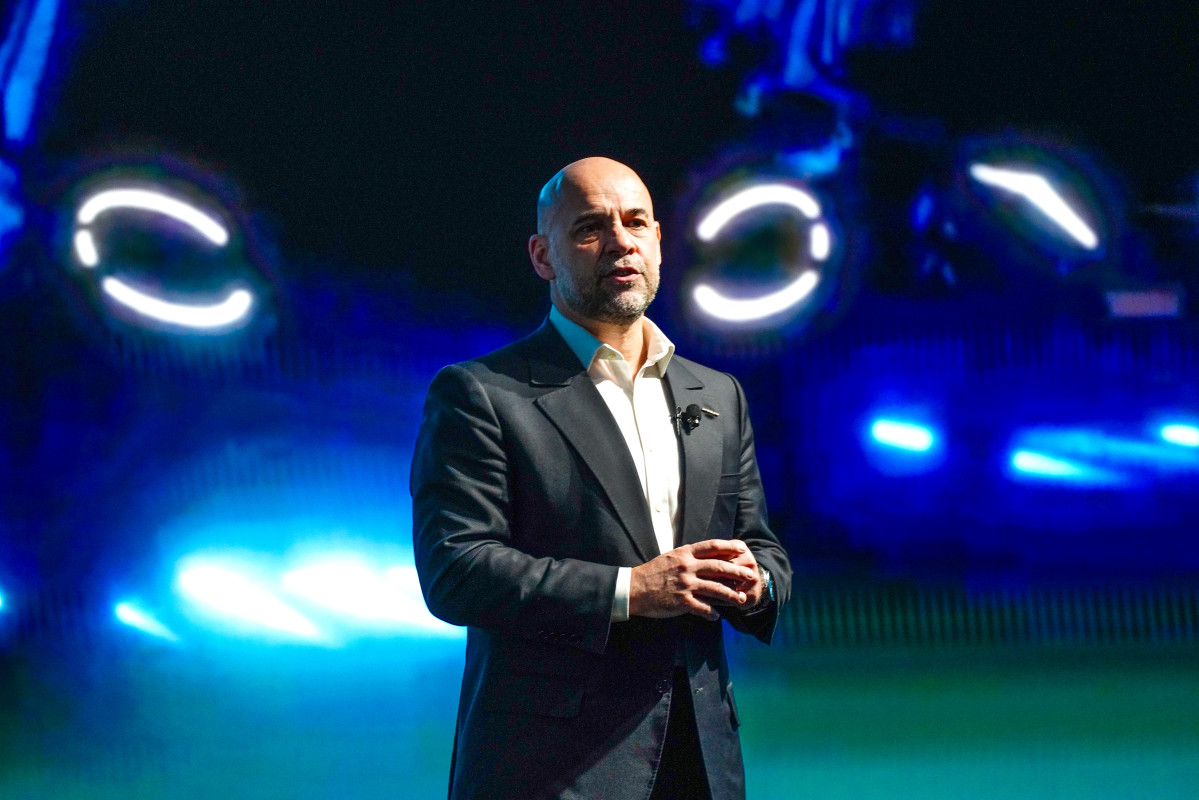
Nissan
Both the closure and cancellation are a part of the automaker’s examination and streamlining of its global operations. Like most other automakers, Nissan is facing falling sales in China and posted a net loss of $4.5 billion in its last fiscal year. Overall, the manufacturer plans to cut costs by $1.7 billion to return to profitability by fiscal year 2026.
In order to cut costs, Nissan plans to cut 20,000 jobs by fiscal year 2027, up from the 9,000 jobs the company previously announced. They also plan to close seven production facilities over the next two years, bringing its remaining plants down from 17 to 10.
Updated Nissan vehicles are on the horizon
Nissan’s primary concern is the United States and North America as a whole. The Japanese automaker’s lineup is missing vehicles in key segments, and much of its range needs updates. Nissan plans to fix that with nearly a dozen new or refreshed vehicles across its mass-market and premium brands. The next-generation Nissan Leaf will join the Ariya in the brand’s growing EV lineup, making the jump from a lackluster hatchback to a glowing crossover. Now entering its third generation, the Leaf rides on the same architecture as the Ariya, a change that results in improved performance and range.
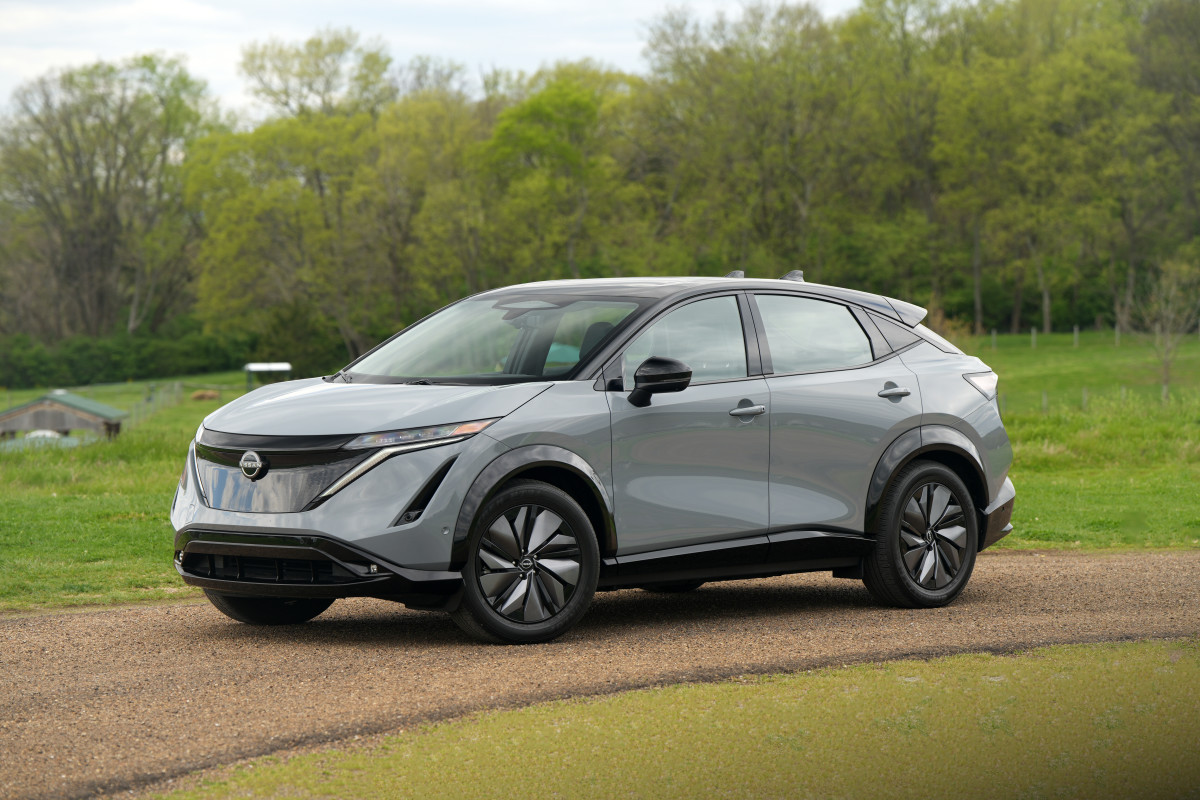
Nissan
The Leaf is just the beginning of Nissan’s plans for its United States lineup. The Japanese automaker will also launch the Rogue PHEV, the first plug-in hybrid for the brand, while the Pathfinder and Infiniti QX60 will receive refreshed styling inside and out.
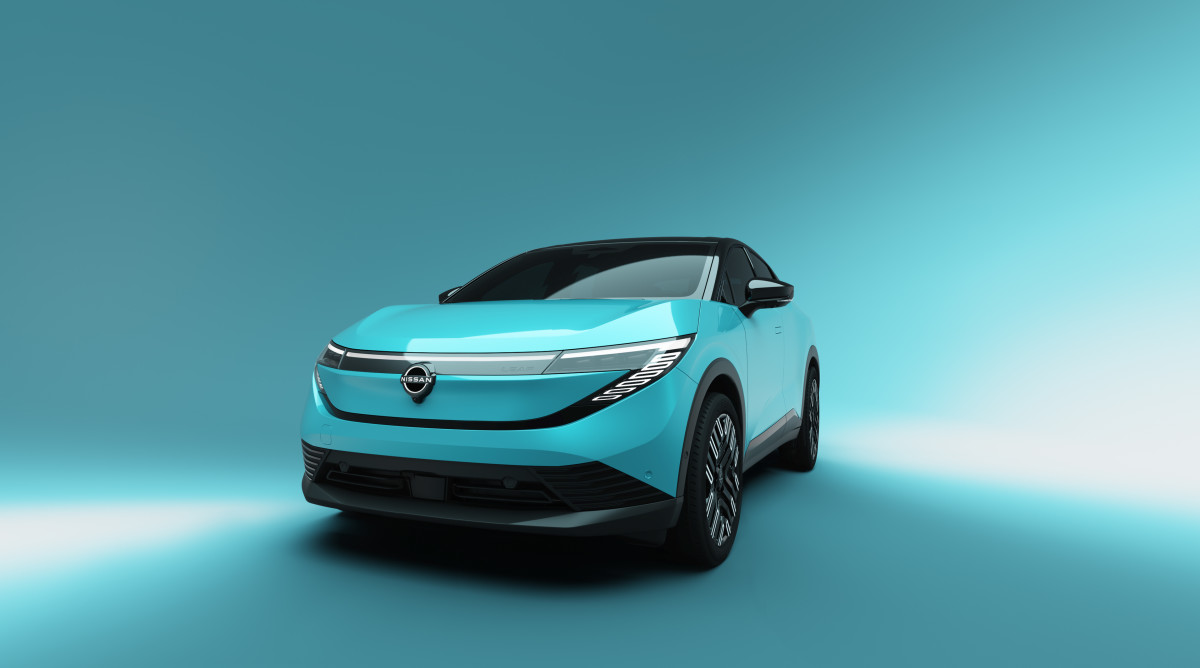
Nissan
The compact sedan segment isn’t exactly booming, with fewer nameplates returning to the market with each passing year, but Nissan isn’t giving up on it. The manufacturer plans to introduce the next-generation Sentra later this year but cut the Versa, one of the few remaining subcompact cars, from its lineup at the end of 2025. The Altima could be on the chopping block in 2026 as well, but there’s no confirmation on that just yet.
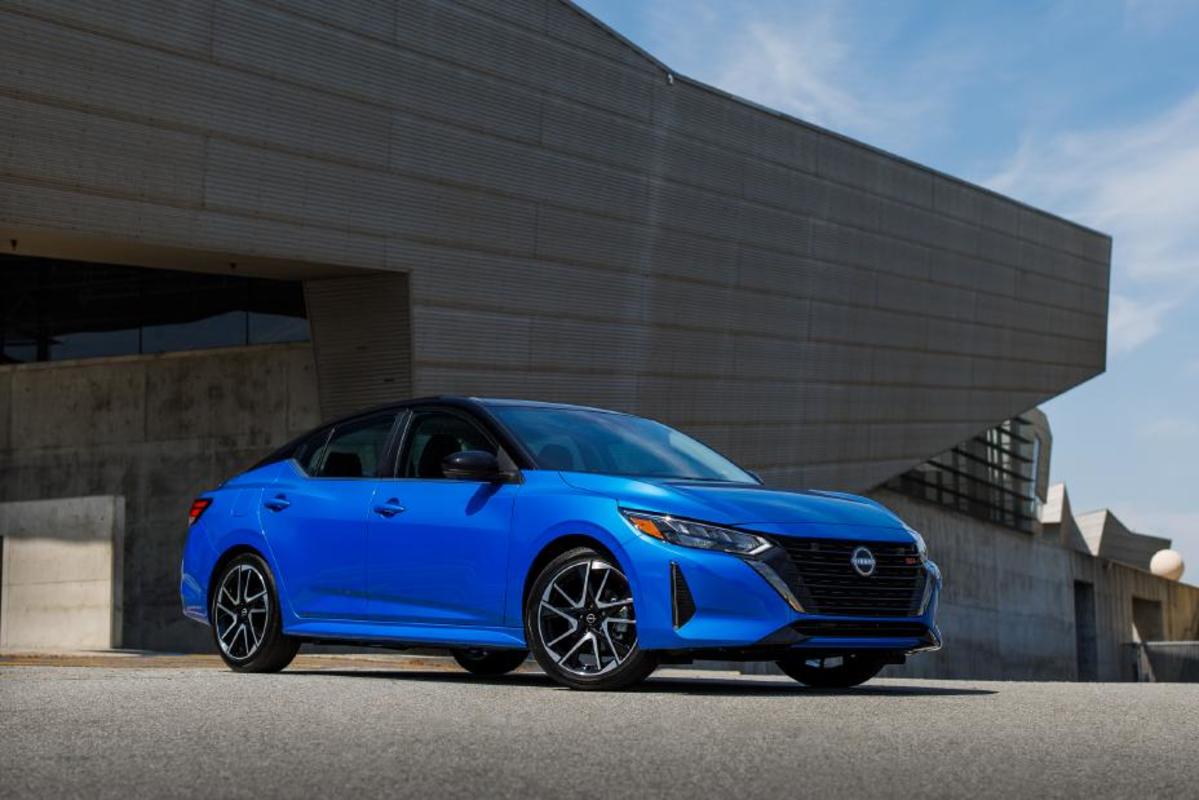
Nissan
Final thoughts
Nissan’s financial troubles can’t be understated, but with a recent change in leadership and a plan to cut costs, they’re on the right track. The Japanese automaker seems ready to make a run at the United States market with refreshed and redesigned models that can compete with market leaders. That may not be enough to get Nissan out of the woods, though, as Chinese automakers are disrupting their home market and moving abroad at a rapid pace. Time isn’t exactly on Nissan’s side.